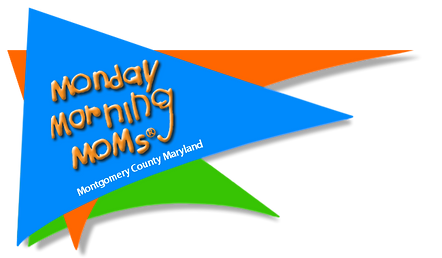Kindergarten Readiness: What Skills Your Child Should Have
- Monday Morning Moms

- Mar 9, 2021
- 2 min read
#kindergartenreadiness #earlystartonkindergartenreadiness #MondayMorningMomsChildCare Use this guide to learn which skills your child should have at the start of the school year, and what skills he'll likely have built by the end.

Kindergarten is an exciting time of exploration for your child. As her motor coordination increases, so too will her sense of independence, self-reliance, and self-confidence. As the year progresses, she’ll be expected to complete assignments with less outside help, accept more responsibilities, and follow rules more closely.
Skills Required at the Beginning of Kindergarten You may want to review this list and see if there is anything else you would like to teach your child before those first days of school. Keep in mind that this is just a guideline; the exact expectations may vary from program to program.
Identify some letters of the alphabet
Grip a pencil, crayon, or marker correctly (with the thumb and forefinger supporting the tip)
Use scissors, glue, paint, and other art materials with relative ease
Write his first name using upper- and lowercase letters, if possible
Bounce a ball
Classify objects according to their size, shape, and quantity
Speak using complete sentences
Recognize some common sight words, like “stop”
Identify rhyming words
Repeat his full name, address, phone number, and birthday
Play independently or focus on one activity with a friend for up to ten minutes
Manage bathroom needs
Dress himself
Follow directions
Clean up after himself
Listen to a story without interrupting
Separate from parents easily
Don’t panic if your child hasn’t nailed everything on the list — she’ll learn a lot in kindergarten. What’s more important is to wean her from relying on you to do things she could do herself, such as zipping her jacket or tying her shoes. Give her the chance to show you what she can do — you might be in for a few surprises!
Skills Acquired During Kindergarten
Although the curriculum may vary from school to school, general goals focus on children building strong pre-reading skills, practicing letter formation, enhancing listening and communication skills, getting an introduction to basic math concepts, and acquiring an active interest in the world. Generally speaking, your child will be expected to:
Language Arts
Recognize and write all of the letters of the alphabet in upper- and lowercase forms
Write his first and last name
Learn sounds corresponding to vowels and consonants
Use initial consonant sounds and sound patterns to read words (for example, f + an = fan; r + an = ran)
Identify several sight words, including names of colors
Recognize and use rhyming words
Retell a story including details
Put events of a story in order
Write simple sentences using sight words and phonics skills
Listening and Communication
Listen attentively
Raise hands or wait to speak
Act on instruction and repeat spoken directions
Engage in question-and-answer dialogue with classmates and teachers
Work as a team on projects or problem-solving
Math
Sort and classify objects using one or more attributes
Recognize and write numbers to 30
Count orally by ones, five, and tens
Name ordinal numbers first through tenth
Add and subtract using manipulatives (Cheerios, candy, etc.)
Understand spatial relationships (top/bottom, near/far, ahead/behind)
Compare quantities by estimating, weighing, and measuring
Use graphs to gather information
Recognize patterns and shapes
Count coins
Recite the days of the week and months of the year
Article courtesy of Scholastic https://bit.ly/2tDYv05






Comments